Academy of Ideas
The Academy of Ideas has been organising public debates to challenge contemporary knee-jerk orthodoxies since 2000. Subscribe to our channel for recordings of our live conferences, discussions and salons, and find out more at www.academyofideas.org.uk
The Academy of Ideas has been organising public debates to challenge contemporary knee-jerk orthodoxies since 2000. Subscribe to our channel for recordings of our live conferences, discussions and salons, and find out more at www.academyofideas.org.uk
Episodes
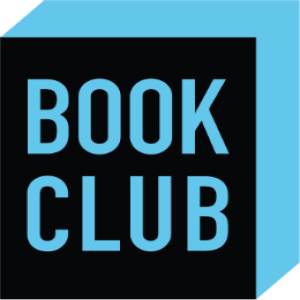
Friday Jul 31, 2020
#BookClub: Burning books and Ray Bradbury’s Fahrenheit 451
Friday Jul 31, 2020
Friday Jul 31, 2020
BOOK CLUB: During a summer of pulling down statues and renaming buildings and streets, could the next step be the symbolic burning of books? Ray Bradbury’s Fahrenheit 451 is a book about the burning of books in a future society that no longer reads them. Professor Dennis Hayes explores the construction and vision of the book as well as what it may or may not contribute to our understanding of the present.

Friday Jul 10, 2020
#LockdownDebates: How innovation works, with Matt Ridley
Friday Jul 10, 2020
Friday Jul 10, 2020
LOCKDOWN DEBATE: Matt Ridley discusses his new book in conversation with Rob Lyons. Innovation is key to economic growth and the improvement of human welfare. In his new book, How Innovation Works, Matt Ridley examines how new technologies, products and medical advances come about. He notes that innovation is more than mere invention - the aim is not simply to create an interesting new device, for example, but to produce something that is genuinely useful and widely available. What drives innovation? Is he right to conclude that we cannot speed up innovation through central direction? What are the barriers to greater innovation now and in the future? Matt Ridley and Rob Lyons discuss.
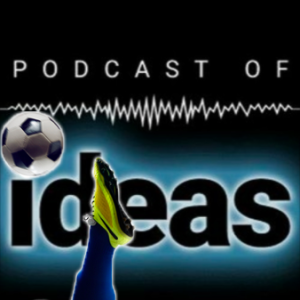
Wednesday Jul 01, 2020
#SportscastOfIdeas: Sporting life beyond lockdown
Wednesday Jul 01, 2020
Wednesday Jul 01, 2020
SPORTSCAST OF IDEAS: For months the lockdown has starved us of sport. But in the past couple of weeks it has made something of a return. And not only are the back pages and sports channels sparking into life but football, rugby, tennis, cricket have all made the front pages too as they become entangled with the big issues of our times, whether the coronavirus pandemic or Black Lives Matter protests. Hilary Salt, Duleep Allirajah, Geoff Kidder, Rob Lyons and Alastair Donald discuss.

Thursday Jun 25, 2020
#LockdownDebates: Has the NHS had a good crisis?
Thursday Jun 25, 2020
Thursday Jun 25, 2020
LOCKDOWN DEBATE: The Covid-19 pandemic has put an unusual strain on health systems around the world. What can we learn from how the NHS is dealing with the crisis? Should we continue with a model of healthcare that is both publicly funded and (mostly) publicly provided? Could we learn from other countries’ systems that have coped better? Are the problems the NHS has faced a result of politicians not backing up supportive words with adequate funding? Or has the NHS’s place as our ‘national religion’ prevented an honest debate about its future Kate Andrews, Dr Lee Jones, Henrik Overgaard-Nielsen and Patrick Vernon discuss.
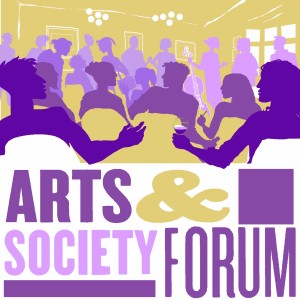
Thursday Jun 18, 2020
#Arts&SocietyForum: The shock of the old in Steven Berkoff’s ‘Greek’
Thursday Jun 18, 2020
Thursday Jun 18, 2020
ARTS & SOCIETY FORUM: When Patrick Marmion first saw Stephen Berkoff’s Greek as a student back in the Eighties at the Edinburgh Festival it blew his head off. A notoriously difficult man himself who has been accused of all sorts of sexual transgression, there are aspects of his writing which are gloriously uncomfortable for today’s audiences. And yet with all the repressive puritanism that’s accompanied the counter revolution against the liberalism of the Sixties and Seventies, too many writers have lost touch with their creative libidos and we have grown accustomed to a theatre that is led by bloodless, neutered moralists. Patrick Marmion and Wendy Earle discuss.

Wednesday Jun 17, 2020
#BookClub: Sally Rooney’s Normal People and the triumph of intimacy
Wednesday Jun 17, 2020
Wednesday Jun 17, 2020
BOOK CLUB: Author Ella Whelan looks at how a modern interest in the politics of consent comes face to face with old-school romance in Sally Rooney's Normal People.
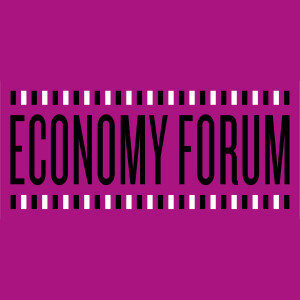
Friday Jun 12, 2020
#EconomyForum: The oil industry in times of Corona
Friday Jun 12, 2020
Friday Jun 12, 2020
ECONOMY FORUM: Anyone who drives regularly will have noticed the sharp drop in petrol prices since the spate of lockdowns around the world and the fall in economic output. What’s going on? Robert Fig, a seasoned commodity risk practitioner, looks at what this all means for the future of world trade. Will negative pricing become a regular phenomenon? What does the future hold for commodity, bond and currency pricing in general?
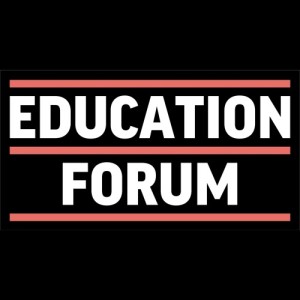
Friday Jun 12, 2020
#EducationForum: Can we go back to school?
Friday Jun 12, 2020
Friday Jun 12, 2020
EDUCATION FORUM: Passion and anger have greeted the Westminster government’s proposals for a phased return of school pupils. The largest teaching union, the National Education Union (NEU), says that 92% of its members feel unsafe at what it condemns as a “reckless” plan that is “too fast, too confusing and too risky”. It is advising members not to co-operate. Amid uncertainty around the degree of risk and public disagreement among scientists over the impact and necessity of the lockdown, what are teachers to do: focus on the worst-case scenario or rely on “good solid British common sense”, as exhorted by Boris Johnson? Claire Fox and Conor McCrory discuss.


